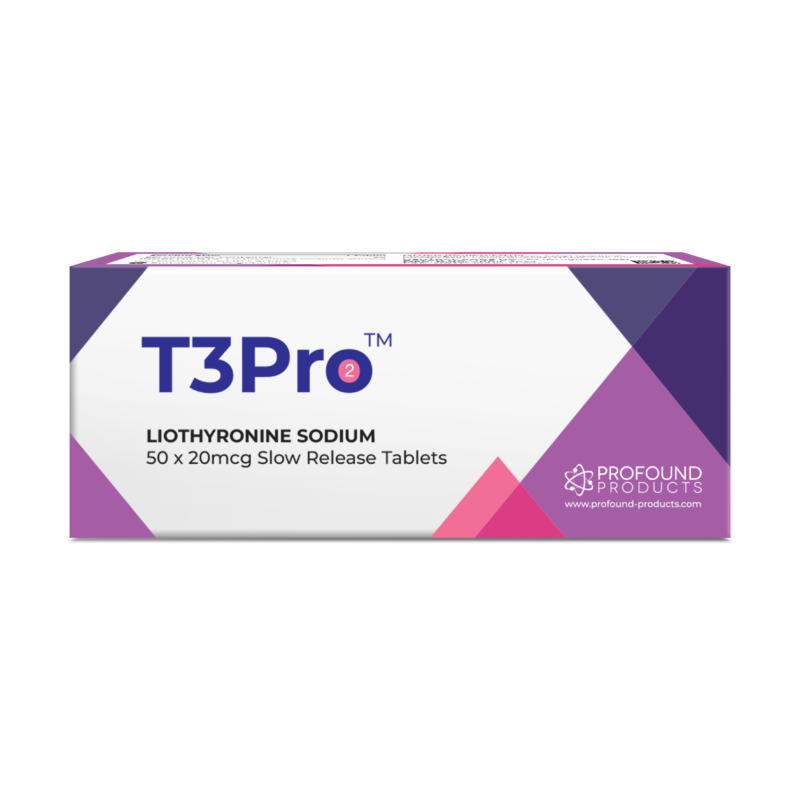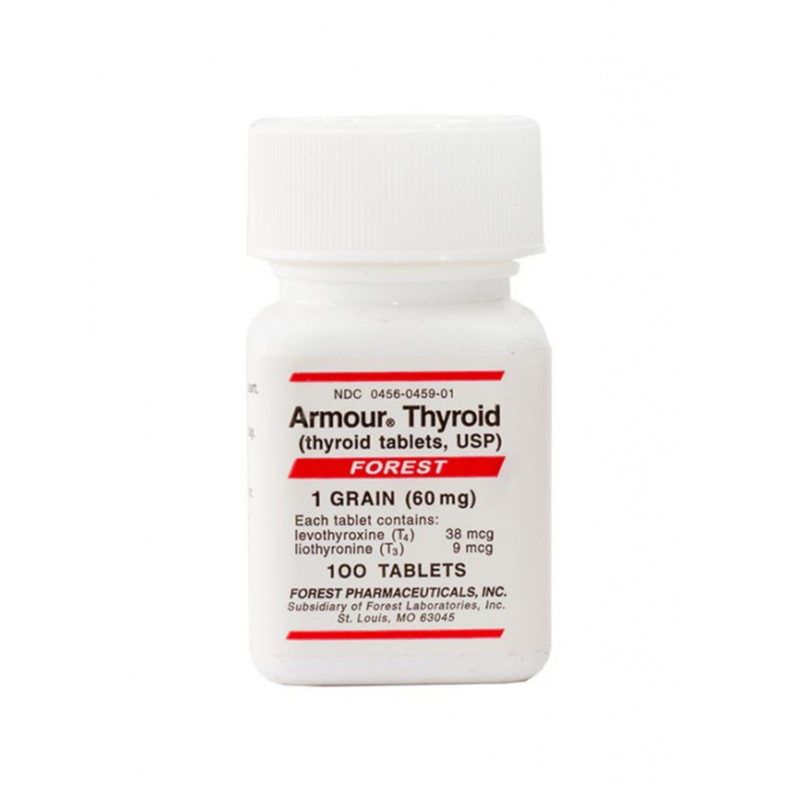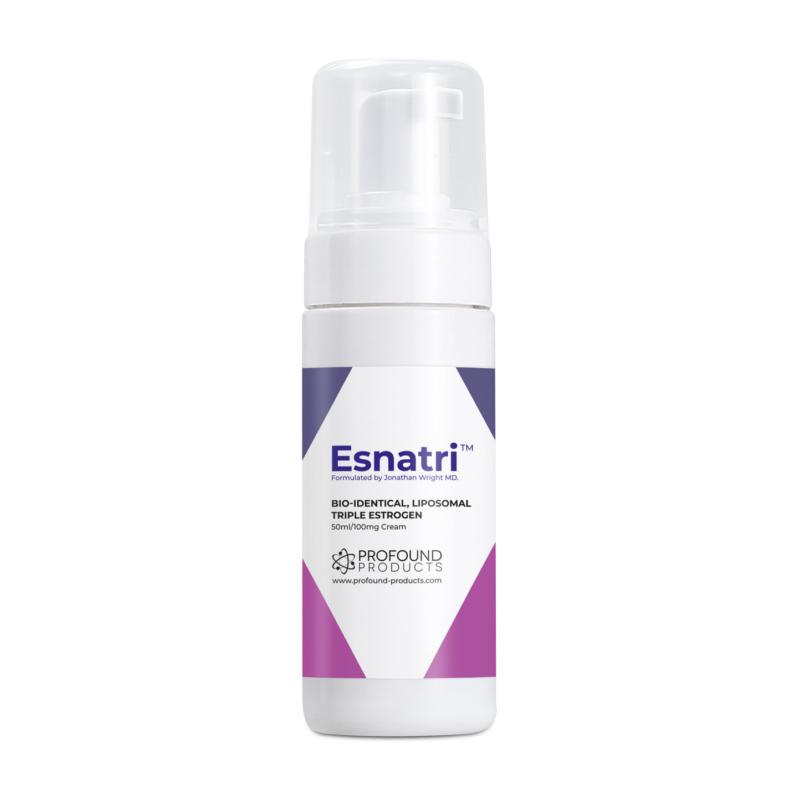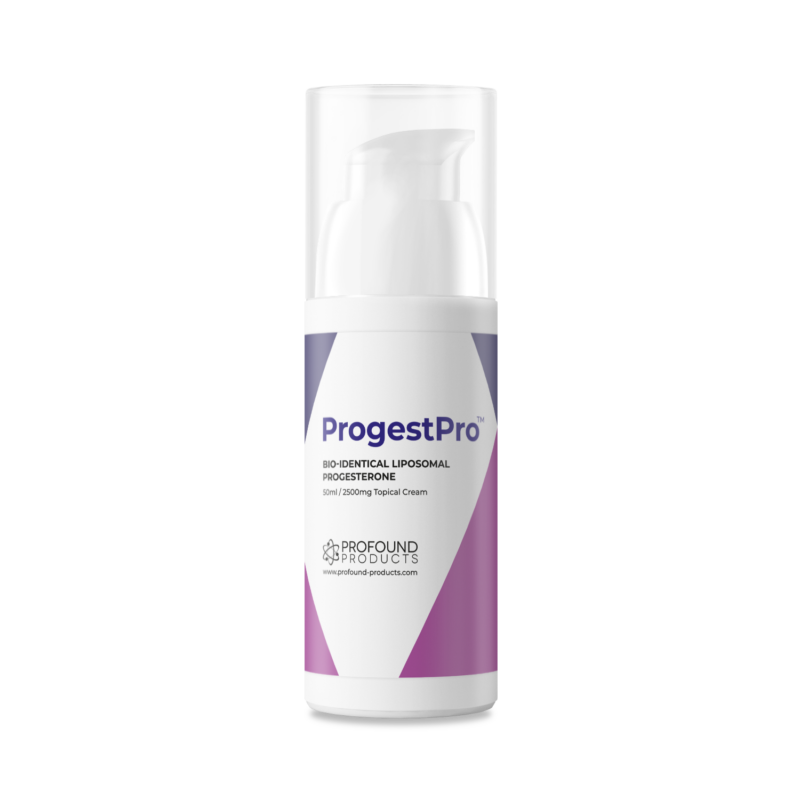‘Cowboy Medicine’ Saves Lives in Sweden (It May Save Your Life in Years to Come)
In recent years, I have saved countless lives in Sweden and elsewhere by practicing a non-conventional type of medicine that I call ‘cowboy medicine.’ By cowboy medicine, I mean that I felt compelled to take unconventional steps to save lives in the hospital system. These steps definitely broke the regulations of most hospitals, but I was forced into this position by antiquated procedures followed by all hospitals in Sweden, the United States, and elsewhere. When a patient is admitted to a hospital, the hospital’s outdated protocols require the stopping of all preventative treatments despite obvious health benefits. Here is my story:
Ms. N., 86 years young, was admitted to a Swedish hospital with a slight infection on her left hand. The attending physician stopped all hormones and nutrients that this vigorous and lovely woman had been receiving and gave her a standard seven-day course of antibiotics. After two days, she returned home with the help and care of her daughter, a 65-year-old licensed pharmacist. Her daughter noticed that Ms. N. was listless and refused food. Shortly thereafter, she was readmitted to the hospital with ‘vridtarm’ (intestinal discomfort and dyspepsia). The poor woman was again given an IV loaded with more antibiotics, and she became even more listless. The attending physician diagnosed her with senility and left her to suffer. When questioned, he stated emphatically that he was only following hospital rules.
Shortly thereafter, I discussed the case with the other sister of the pharmacist, a registered nurse. I asked the latter a simple yet critical question: “Was your mother given probiotics after her courses of antibiotics?” The answer was a surprised “No.” The following day, the registered nurse sister returned to the hospital and snuck a tablespoon of acidophilus and bifidus probiotics to her listless mother. Unknown to the hospital staff, this tablespoon contained billions of live bacteria essential for good digestion and absolutely critical after a course of antibiotics that destroys all intestinal flora, both good and bad. Subsequently, Ms. N. recovered her appetite but still remained rather lethargic and non-communicative. I then suggested that the two sisters sneak to their mother my standard ‘Dr. Lippman Protocol for Seniors’ solution, consisting of daily ubiquinol, vitamin D3, Armour® thyroid and DHEA. Upon receiving this simple regimen, Ms. N. fully recovered.
The second sister, the registered nurse asked the attending doctor if he had tested his 86-year-old patient for hormone deficiencies. He admitted that he hadn’t, as he had assumed that this was a case of dementia. The nurse sister explained that her mother was definitely not senile, and this could be confirmed by questioning other family members.
Upon further insistence by the nurse sister, the doctor was persuaded to conduct a blood test with a complete hormone panel. The tests were returned, and the doctor was amazed that all hormones were deficient, especially thyroid hormones; the patient scored a highly elevated TSH (thyroid-stimulating hormone) value of 17! The nurse sister suggested that her mother be given both T3 and T4 thyroid hormones immediately. The doctor demurred and only gave his patient T4, despite a deficiency in T3 and elevated TSH. The nurse sister loudly complained that the ‘proto-hormone,’ T4, is only one-fourth as active as the main hormone, T3. The doctor didn’t understand her point of view and said that he was only following hospital protocol. The nurse sister further explained that, given her mother’s advanced age, she should have been given a topical antibiotic for her wound and not IV antibiotics.
Four days later, the chief surgeon of this hospital phoned the nurse sister. He praised her for correctly diagnosing and treating her mother. He even commented that all patients should have a registered nurse daughter to manage their medical care!
While flattered, the nurse sister couldn’t convince this chief surgeon of the necessity of probiotics after a course of antibiotics, nor of the necessity of treating elevated TSH and low T3 and T4 with more all-inclusive and completely natural medicine, Armour® thyroid. Consequently, the nurse sister was forced to sneak her mother Armour® thyroid, a natural thyroid extract rich in T1, T2, T3, T4, etc. Her mother recovered rapidly, and within two days she was her old self again, drinking coffee for hours on end with several girlfriends and engaging in enthusiastic, nonstop conversations.
After this unfortunate experience, the nurse sister has thanked me profusely for saving her mother’s life three times over the course of the last four years. She also expressed anxiety over a broken health-care system that seems to be more interested in its outdated regulations than in truly helping patients. She also mused over the thousands of seniors who end up in the hospital with minor complaints only to die there or be sent home worse than when they arrived! Surely there ought to be a better standard of care than the one currently in practice.
Later, I reviewed the history of hospitals in Europe in my mind: During the Middle Ages, the word ‘hospital’ meant the place where one goes to die. If one wanted to recover, one stayed at home. Apparently, the meaning of the word “hospital” has come full circle and someday soon it will again mean a place where one goes to suffer one’s final days on Earth. Such are the limits of today’s hospital care, whether in Sweden or elsewhere.
Further Decline of Medical Care Despite Advances in Medical Science
My second tale of woe takes me from Sweden to New York City. In this famous city, the well-respected journalist Katie Couric created her own reality show that explores and educates women on women’s (and sometimes men’s) problems. In a recent one-hour session addressing hormone therapy in women, Katie questioned two prominent gynecologists on the use of synthetic versus bio-identical hormones. When Katie mentioned the words ‘bio-identical hormones’ in her introduction, I noticed Dr. Margaret Nachtigall immediately shook her head. She proceeded to lambast Katie and the audience for believing that bio-identical hormones (BIH) were FDA approved. “They are not!” she declared emphatically, adding that only synthetic hormones manufactured in a factory were FDA approved. I was shocked by this blatant misstatement, and if I had been in Katie’s panel discussion, I would have forcefully countered that BIH are FDA approved—otherwise they could not be prescribed and sold in the United States! Indeed, the ingredients in BIH originate from the prominent pharmaceutical company, Pharmacia-Upjohn Co. My guess is that this doctor was misinformed by a pharmaceutical representative who was overzealous in promoting some synthetic hormone. I imagine this same story is repeated again and again in many doctors’ offices across North America.
This same gynecologist continued to rant that the hormone, progesterone, was only good for protecting a woman’s uterus from cancer! She said, “When women lose their uterus through surgery, they no longer require progesterone.” She then cited the Women’s Health Initiative study from ten years ago.
At this point in the discussion I was livid. Apparently these doctors did not know that there is a significant difference between synthetic and natural progesterone. First, the synthetic hormone is called a progestin. I believe that these doctors have only used the synthetic progestin form to treat their patients; they were correct in their assessment that the progestins are, in fact, only good to prevent uterine cancer, but they should not confuse the synthetic with the natural. I often refer to the synthetics as “one-trick-ponies” since they are therapeutically limited to only one benefit.
Natural progesterone, on the other hand, systemically protects the entire body from cancer and the brain from traumatic injury! Natural progesterone even helps prevent prostate cancer in men.
Second, in the Women’s Health Initiative study of 30,000 women, researchers determined that the progestins slightly increased risk of stroke! Presumably, this negative side effect occurs because the synthetic crowds out the body’s numerous receptor sites for natural progesterone.
Indeed, because of these and other misconceptions, French researchers did a follow-up study of 15,000 French women in 2005; they found that only natural progesterone (Progest-Pro™ cream) and natural bio-identical estradiol (Esnatri™ cream) protect women from cancer and other ailments. In other words, forget the synthetic and pregnant-mare varieties of hormones often labeled as progestins or equinols (horse hormones). Indeed, only the former two natural remedies protect women and perhaps even men from cancer, stroke, and heart disease.
Case closed!
What I Recommend for Hormone Replacement in Women (and in Men)
Given the confusion in this field encourage by pharmaceutical companies promoting their billion-dollar marketing of synthetic or horse hormones, what is a women to do? A well-known marketing principle to maximize sales is to create confusion in the marketplace and spend money by the bucketful to promote a company’s products. In countries like Sweden, however, this approach is not possible. Instead, the Swedish FDA carefully studies and compares all drugs of a specific category and publishes these comparisons on a website for both patients and doctors to peruse. Under this Swedish method, the highest sales go to companies producing the best products and not to those who spend the most money on advertising.
Given the Swedish method, the Woman’s Health Initiative, and the 2005 French study, I strongly recommend that all women protect their health with completely natural hormones extracted from yams by the Pharmacia-Upjohn Company. International Antiaging Systems (IAS) is the leader in this field of natural hormones such as progesterone (Progest-Pro™ cream) and estrogens (Esnatri™ cream) and more besides.
Conclusion
Several health-care systems are broken and badly need updating to conform with the latest scientific and medical standards. The scientists at IAS endeavor to expose these blatant deficiencies and inform readers about the latest cutting-edge nutrients, hormones, and hospital care.



